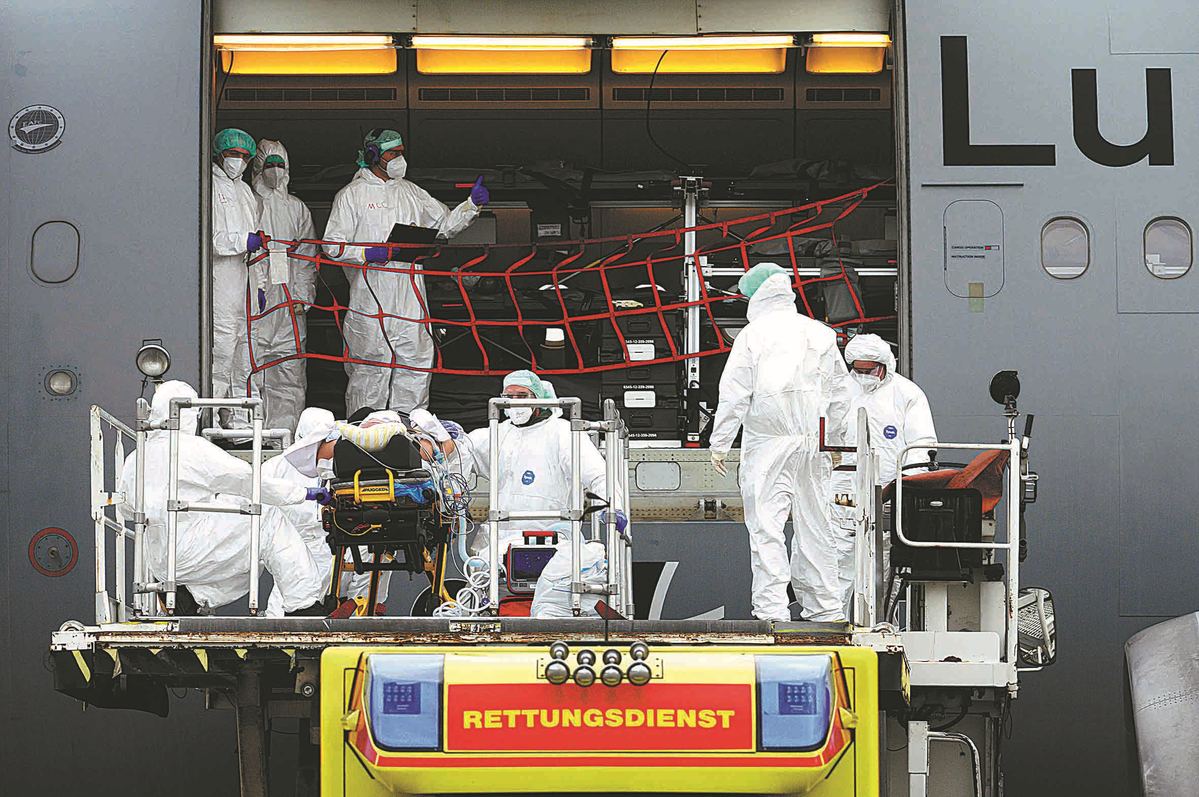EU at crossroads as it tackles testing challenges


Different views
In addition to the pandemic, the EU faces challenges and divisions over a series of crises. Member countries have different views on a number of issues, including the rule of law, response to climate change, and energy transformation.
For example, Poland's top court rejected the principle of primacy of EU law over national legislation in certain judicial matters. This ruling challenged the supremacy of EU law, which is considered a central pillar of European integration. The migrant crisis on the bloc's frontier with Belarus also frequently made headlines, raising the specter of a humanitarian emergency.
Externally, the United States has mended ties with the EU to some extent, but the abrupt withdrawal of US troops from Afghanistan put EU security at risk again. France was also deeply offended when the US, the United Kingdom and Australia signed a trilateral security pact in September, with Australia pulling out of a submarine contract with France worth $66 billion.
Relations between the EU and the UK have also been fractious, ranging from the Northern Ireland Protocol to disputes over fishing rights.
Branislav Djordjevic, director of the Institute of International Politics and Economics in Belgrade, the Serbian capital, said that apart from other problems, such as Brexit and the economic and migrant crisis, the pandemic has questioned the core basis of the EU-solidarity.
"Time will tell, but it is very likely that post-pandemic relations between the member states will become looser than ever," he said.
Djordjevic added that it is obvious that two important features of the EU-the enlargement policy and the organization's global influence-are stagnating. It is also clear that EU relations with Russia and China are complicated, while security dependence on the US is still high.
"Such a situation will force the EU to think about its strategic autonomy in a world that is becoming multipolar," he said.
Sven Biscop, director of the Europe in the World Program at the Egmont-Royal Institute for International Relations, a think tank in Brussels, said all global players-the US, China and Russia-as well as the EU-are struggling to return to normal after being hit hard by the pandemic. But as they all have the means to do so, the balance of power between them has basically not changed, he said.
"I would not say that the EU is declining, but it is true that its capacity to act on the global stage was limited already in the fields of diplomacy and defense due to a lack of centralized decision-making," he said.
























